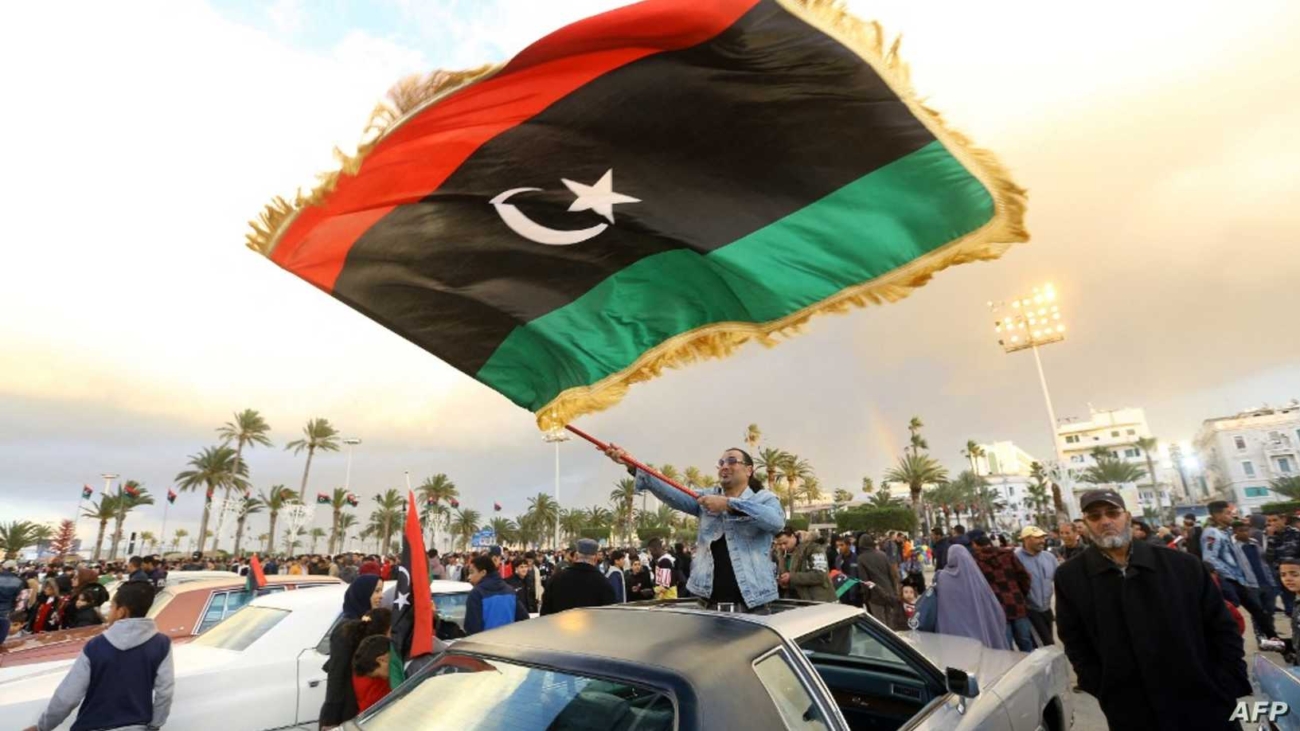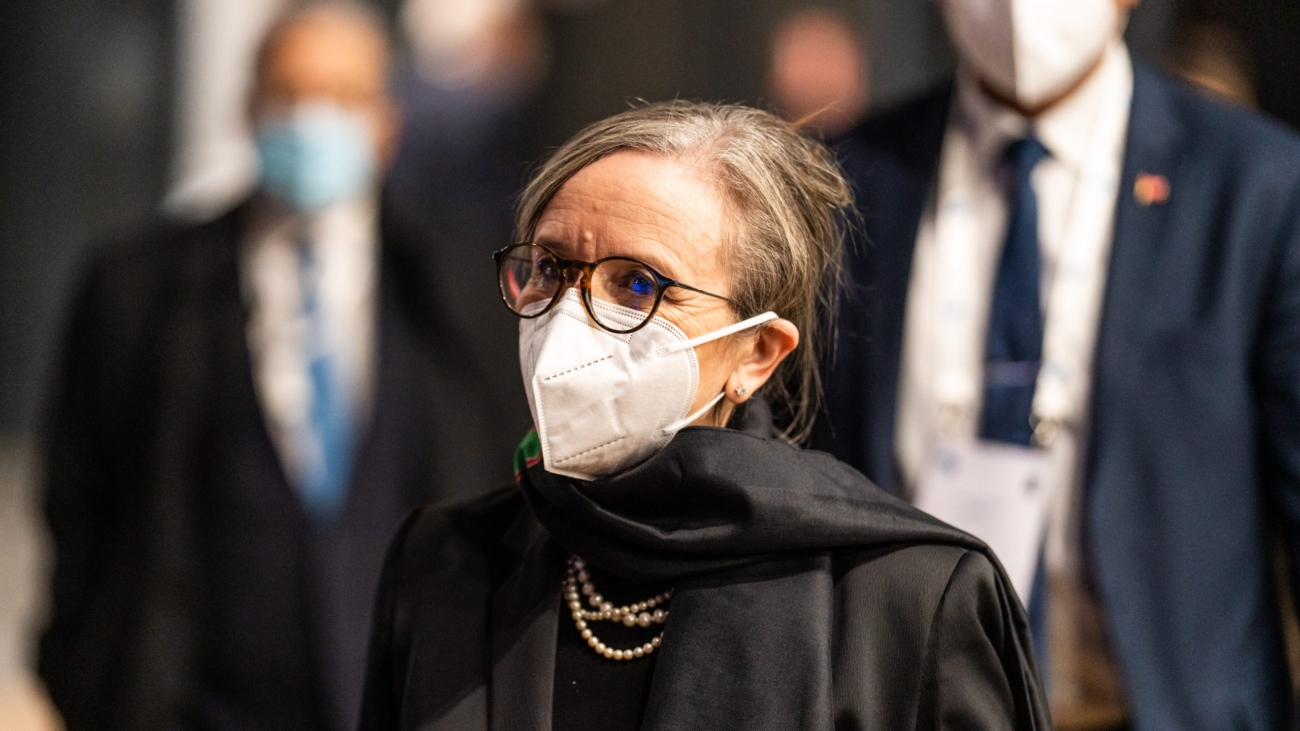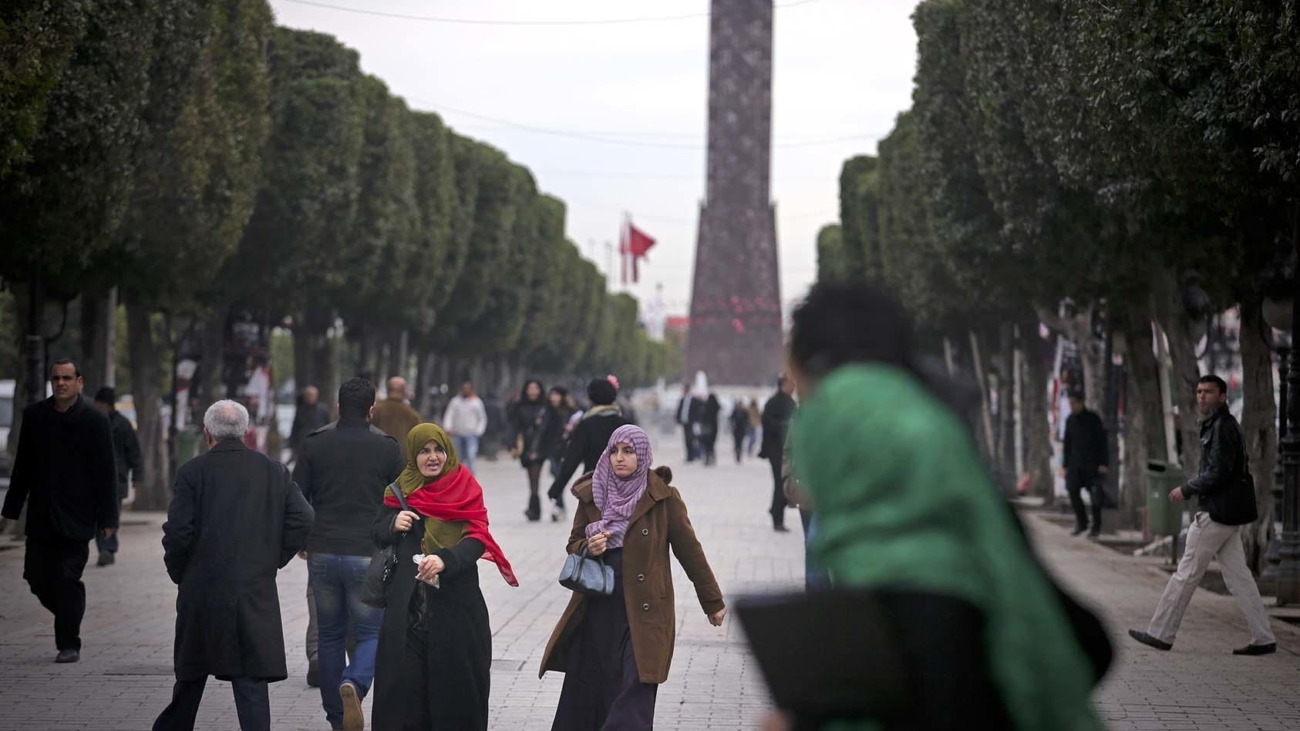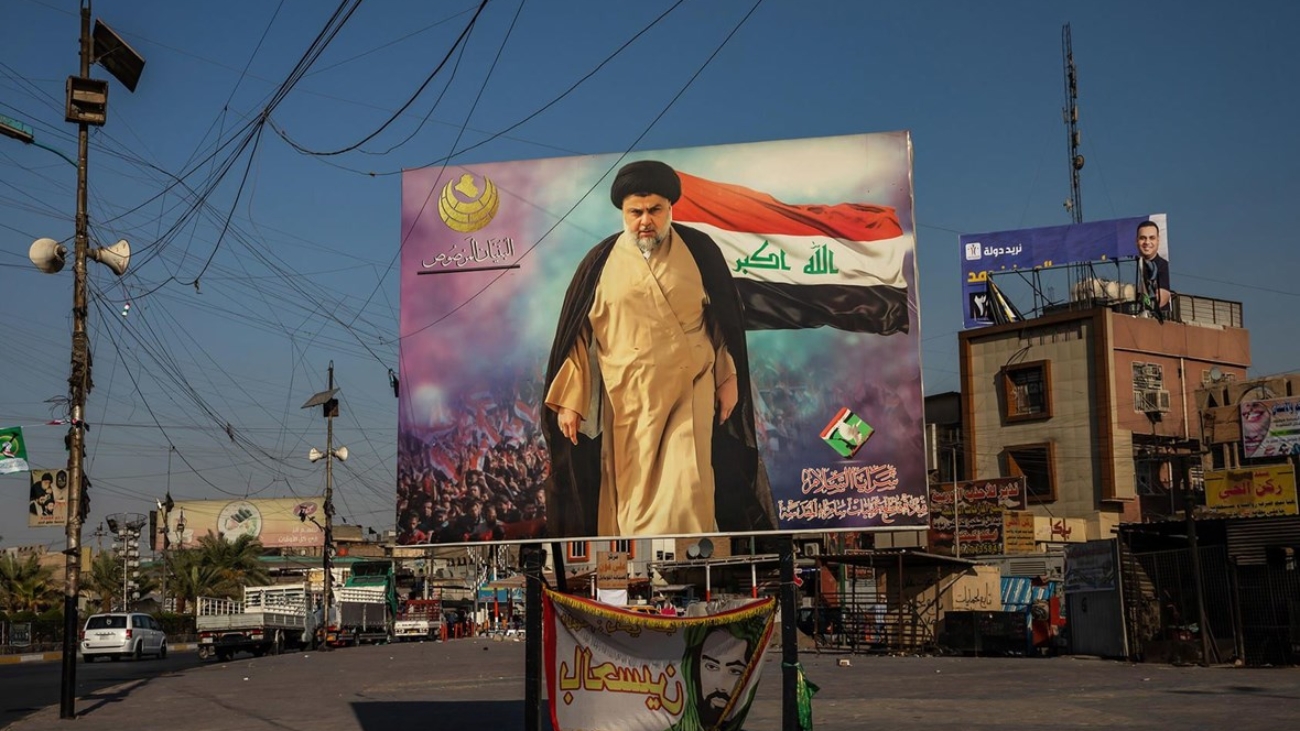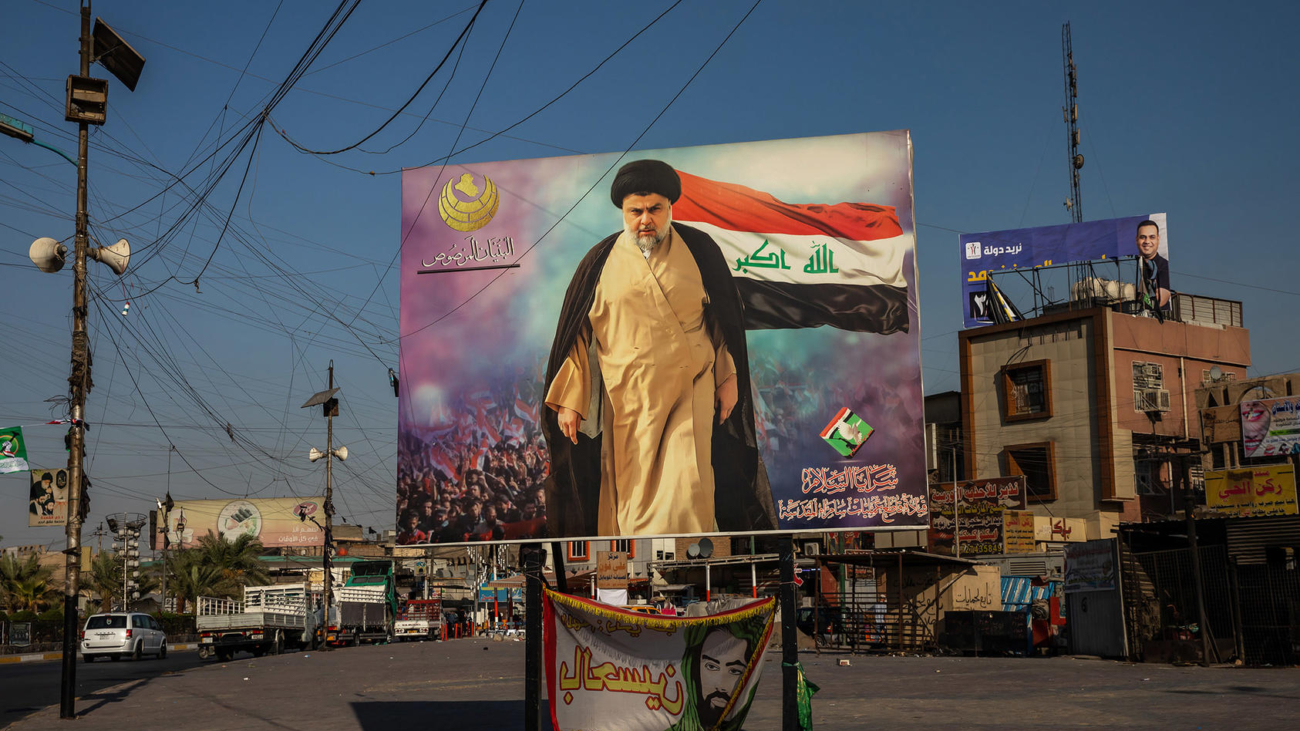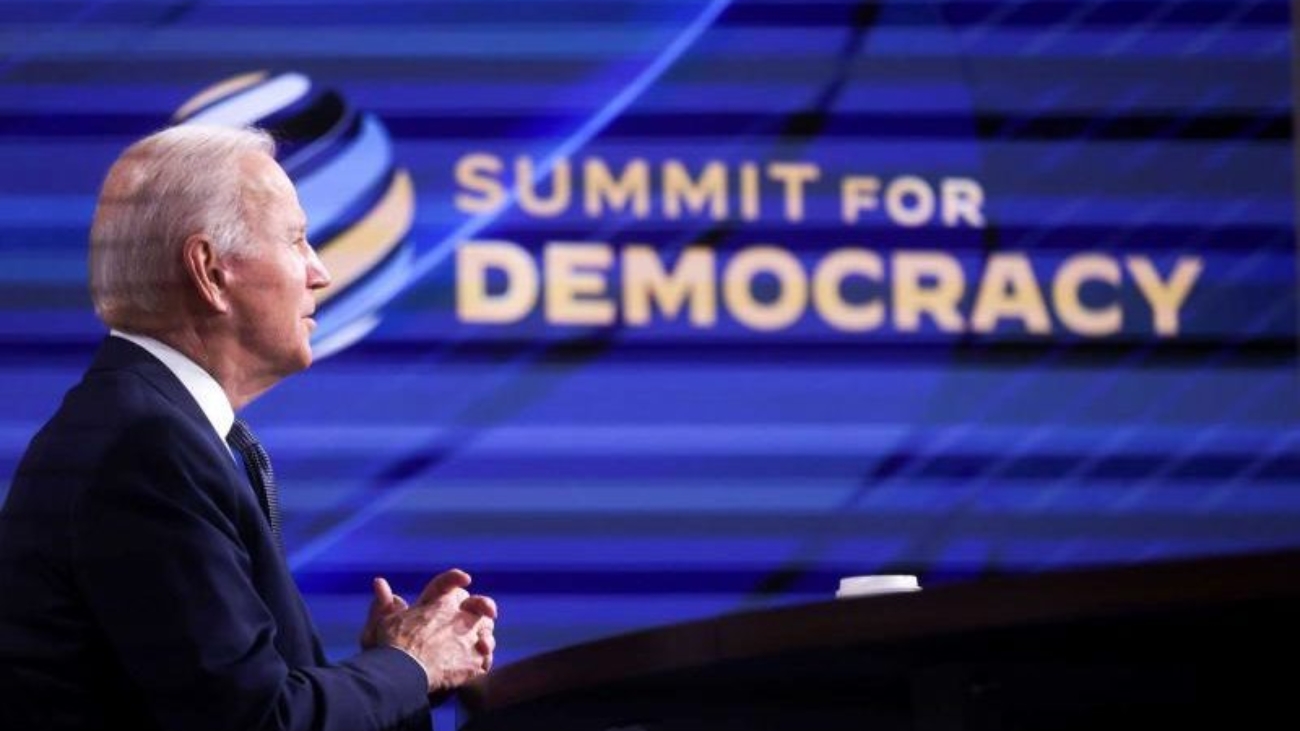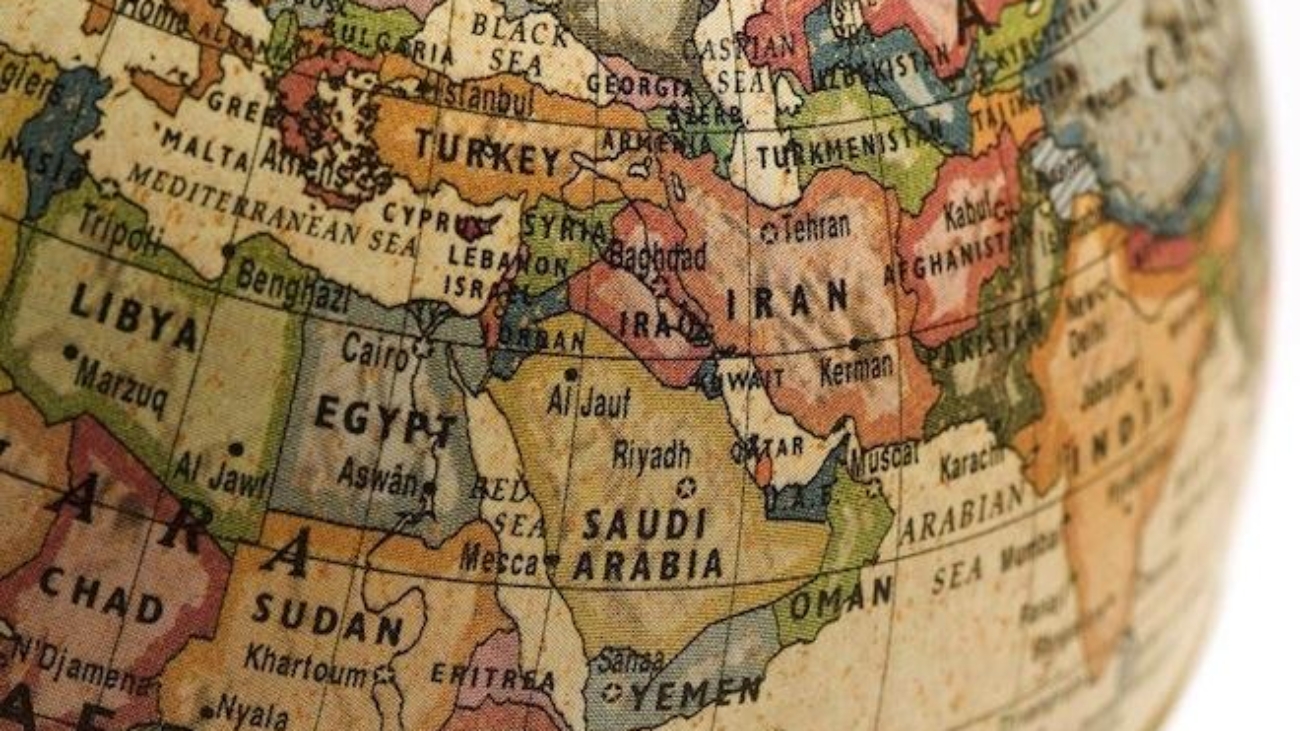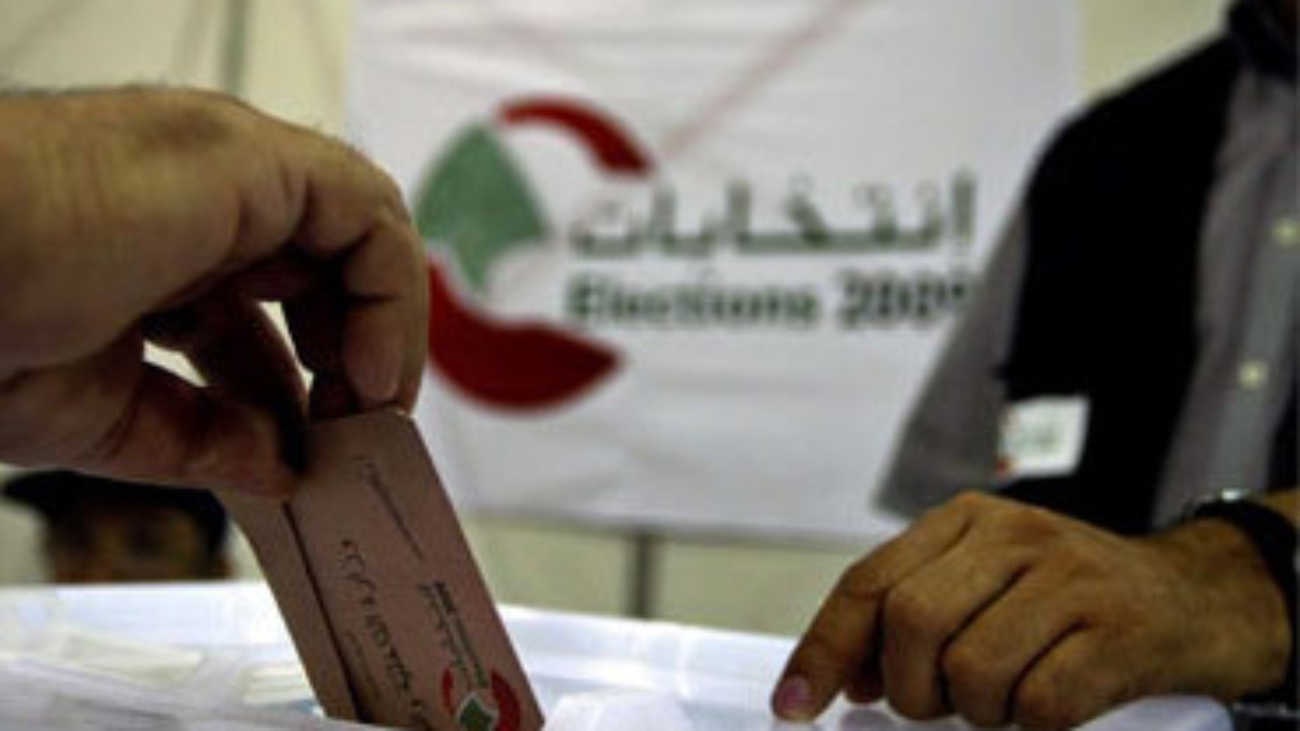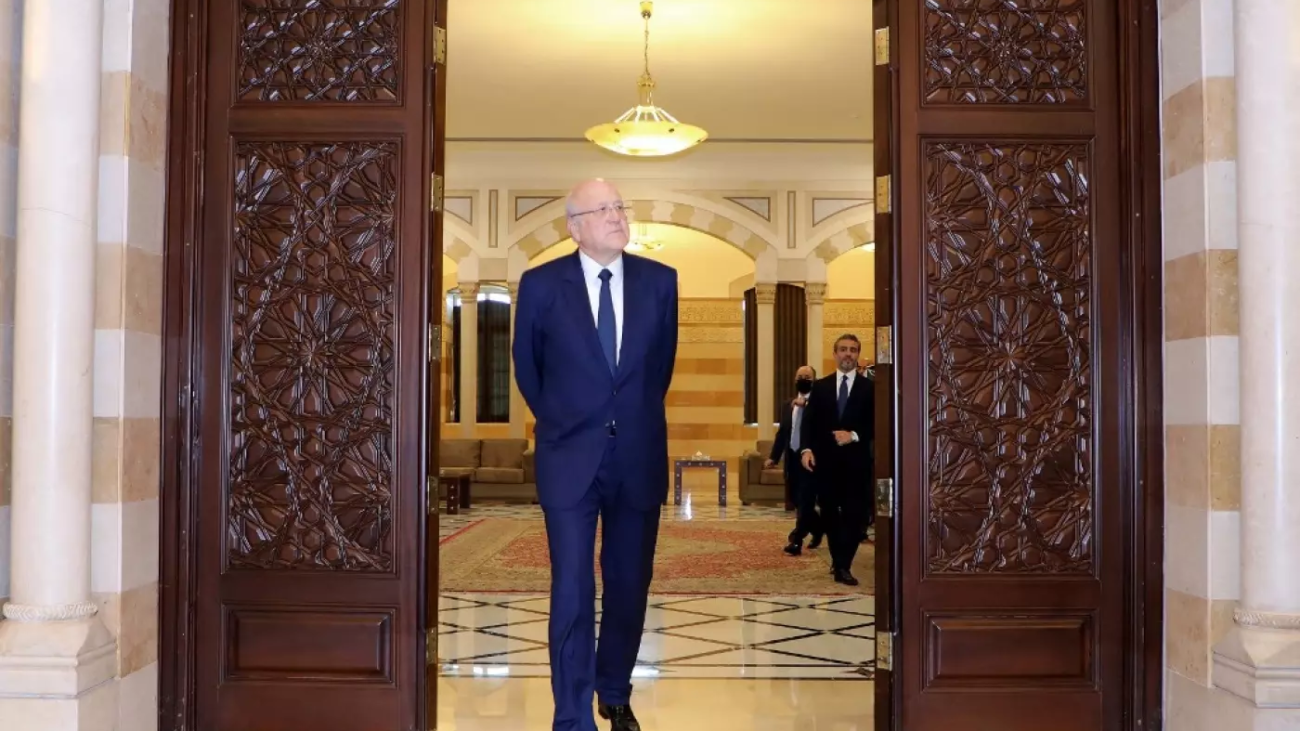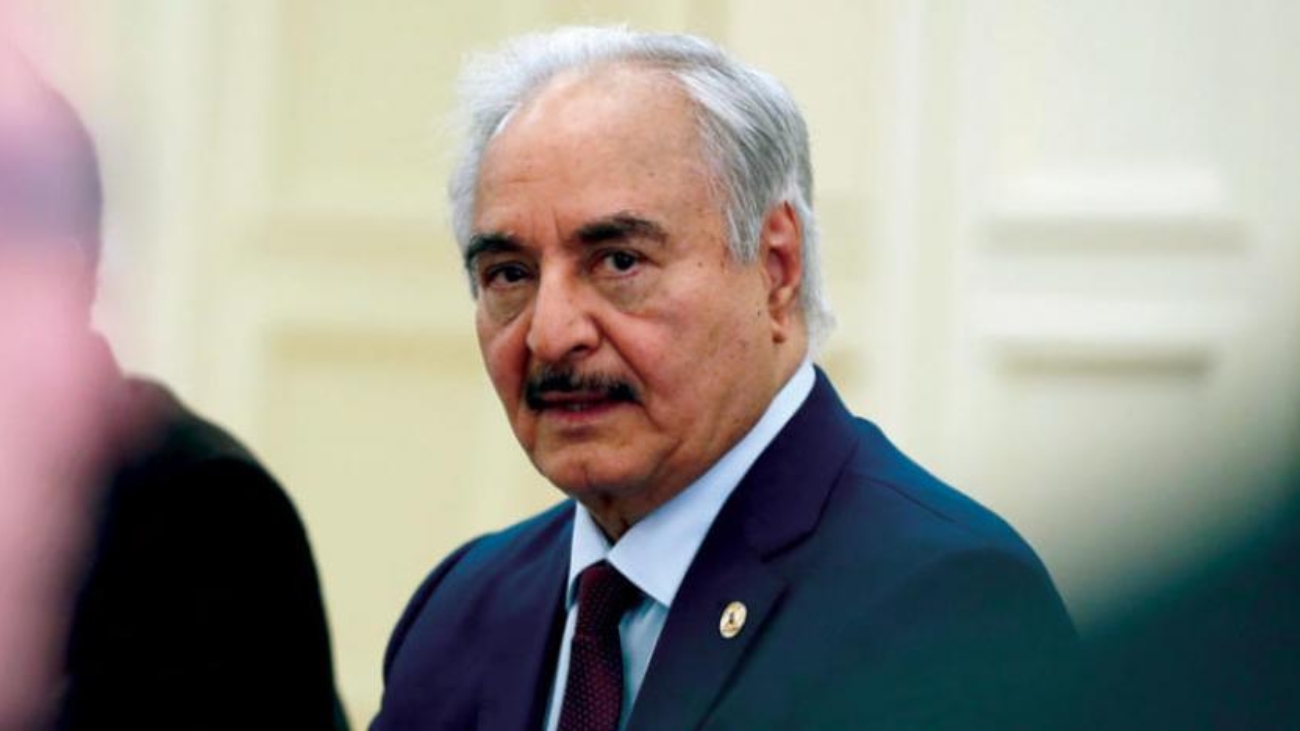Libyans carry national flags as they gather in the capital Tripoli’s Martyrs Square, to celebrate a day ahead of the eighth anniversary of the Libyan revolution, on February 16, 2019. – Eight years after the revolt in Libya against Moamer Kadhafi’s authoritarian regime, a modern and democratic state remains a distant dream in a country which has been sliding from crisis to crisis. (Photo by Mahmud TURKIA / AFP)
أخفق سانتا كلوس ولم يأت لليبيا عشية 24 ديسمبر 2021 برئيس منتخب كما كانت تأمل غالبية الشعب الليبي المعذب منذ ما يزيد عن 50 عاما.
This piece was originally published on the alhurra website https://www.alhurra.com/
أخفق سانتا كلوس ولم يأت لليبيا عشية 24 ديسمبر 2021 برئيس منتخب كما كانت تأمل غالبية الشعب الليبي المعذب منذ ما يزيد عن 50 عاما.
ورغم التوق إلى تسوية سياسية تجيز التفرغ لمتطلبات الحياة الكريمة، لا يزال المجتمع الليبي منقسما، ليس بسبب قلة الموارد، أو عقيدة أو دين أو أحزاب قوية تجسد الاستقطاب السياسي. الحقيقة أن هناك حالة من الشرذمة تسود المشهد السياسي الليبي، حيث تتحكم به مجموعة من اللاعبين المحليين القبليين والجهويين والإقطاعيين (سياسيا) والميليشياوين وأصحاب النفوذ المالي. لذا يصعب تحديد القضية او المشروع السياسي الذي يتقاتل من أجله الليبيون. ففي الحد الأدنى، إن النزاع في ليبيا ليس واحدا بل هو طبقات متعددة من نزاعات محلية ومناطقية ووطنية بعضها له أبعاد أثنية ولغوية وثقافية وغيرها. باستثناء النزاع السياسي الظاهر للعيان بين معسكري الشرق والغرب، لم تحظ النزاعات الأخرى بعد بالاهتمام المطلوب لذا تبقى جمرا تحت رماد وسيفا مسلطا على أي تسوية سياسية مستقبلية.
في ظل هذا الواقع، إن مجرد حصول انتخابات في ليبيا مكسب بحد ذاته، أقله كوسيلة لاستكمال بلورة صيغة سياسية وعقد اجتماعي جديدين يجمعان أبناء وبنات ليبيا ويوفران الإطار العام لدولة ليبية ذات مشروعية.
رغم أهمية إجرائها في أقرب وقت ممكن، تتجسد أخطار ما بعد العملية الانتخابية- في حال رفض فريق من الأفرقاء النتائج – بأن يتم استخدام العنف للتعامل مع تلك النتائج. فسيناريو الاقتتال عقب انتخابات عام 2014 لا يزال جاثما أمام الليبيين وكثيرون يخشون تكراره، ولو بشكل مختلف.
وفي هذا السياق لا تزال مكونات أساسية من الشعب الليبي (كالأمازيغ والطوارق والتبويين وغيرهم) التي عانت تحت النظام السابق تشعر بالإقصاء السياسي والتهديد الوجودي فتعبر عن هواجسها تارة باللجوء إلى أعمال عنف وطورا بالتهديد بمقاطعة العملية الانتخابية أو حتى السياسية. لذا، يجب أولا أن تكون الانتخابات المقبلة شاملة إلى أقصى الحدود، وألا تعمق الشرخ بين المكونات الشعب الليبي بكل أطيافه السياسية والعرقية واللغوية وغيرها. ويمكن تحقيق هكذا شمولية من خلال الإطار القانوني للانتخابات بشكل يضمن أكبر مشاركة وأفضل تمثيل ممكن لجميع مكونات المجتمع الليبي بما فيهم تلك التي تشعر بالتهميش.
من جهة أخرى، اكتسبت مسألة حسنات وسيئات إجراء الانتخابات قبل حل موضوع المجموعات المسلحة أو بعده أهمية كبرى. لو أخذنا المعايير الموضوعية التقليدية، لكان الجواب على هذه المسألة سهلا إذ أنه لا يمكن التغاضي عن تأثير آلاف من المسلحين المنتشرين يمينا ويسارا على مجريات العملية الانتخابية، تماما كما رأينا في الأسابيع الماضية من نشاطات مريبة لبعض المجموعات المسلحة.
لكن، في الوقت الذي يستحيل فيه توقع نزع السلاح غير الشرعي وانسحاب المرتزقة والقوات الأجنبية في غضون أشهر قليلة، ينبغي على المجتمع الدولي والقوى الإقليمية- من خلال التواصل والضغط إذا لزم الأمر على حلفائهم الليبيين- تحريم استعمال السلاح وتحت أي عذر قبل وخلال وبعد التصويت. لو لم يجد الليبي أن الجهد الدولي في هذا المجال جدي ورصين، لفقد الأمل تماما بأي حل سياسي حالي أو مستقبلي.
إن التصور العام حاليا هو أن أي مجموعة سياسية أو عسكرية يمكنها تعطيل العملية السياسية واستعمال الشارع والسلاح لفرض إرادتها. وأغلب هذه المجموعات معروفة. فالمجتمع الدولي مطالب بأخذ إجراءات عقابية صارمة ضد كل من ساهم باضطرابات الأسابيع الماضية ضمانا لأجراء الانتخابات في مواعيدها. الإخفاق في مساءلة ومعاقبة المعطلين سيفتح باب الابتزاز السياسي مستقبلا ويفقد الأمل بنجاح أي تسوية سياسية مستقبلية.
يتساءل البعض– حتى درجة التشكيك- عن حوافز الولايات المتحدة للاستثمار السياسي في حل النزاع الليبي، في ظل استراتيجية أميركية معدلة محورها التركيز على آسيا والتقليل من المجهود السياسي والعسكري المخصص لمنطقة الشرق الأوسط وشمال أفريقيا. بينما يعتبر أصحاب هذا الرأي أن ليبيا هي “مشكلة أوروبا” بالدرجة الأولى، يخفى عليهم – أو يتناسون- أن موقع ليبيا على المتوسط – مع شاطئ يتجاوز طوله 1700 كم- يمكن أن يتم استخدامه من قبل القوى نفسها التي تعتبرها الولايات المتحدة خطرا عالميا عليها كروسيا والصين.
يشكل تفاقم نفوذ روسيا في جنوب المتوسط (مصر، الجزائر والآن ليبيا) والذي يصور كمحاولة لتطويق أوروبا من الجنوب مصدر قلق متزايد للديبلوماسيين الأوروبيين. بغض النظر عن الإحباط من الانقسام الأوروبي حول ملفات إقليمية عديدة أهمها الملف الليبي، يبقى أن أضعاف أوروبا والقبول بنفوذ روسي جنوب المتوسط يؤثر سلبا على مقومات نجاح عملية احتواء التمدد الروسي والصيني على حد سواء وعلى قدرة الولايات المتحدة في الحد من هذا التمدد من دون حلفاء أقوياء. من جهة أخرى، يظهر سلوك روسيا بشكل عام أن عين بوتين – وخلفه منظومة التصنيع العسكري- على جيوش المنطقة إذ تستمر محاولة إبعادها عن الغرب وخلق أطر تعاون وتسليح مع روسيا. لذا افساح المجال أمام الدب الروسي في حوض المتوسط له انعكاسات تتعدى أوروبا ومصالحها لتطال عنصرا أساسيا من استراتيجية الولايات المتحدة والمتمثلة بعلاقة وثيقة وشبه حصرية مع أغلب جيوش المنطقة. أخيرا وليس أخرا، رغم التقدم الكبير الذي أنجزته الولايات المتحدة في حماية الداخل الأميركي من عمليات إرهابية كبيرة، منظمة ومصدرة من الشرق الأوسط أو من أوروبا، لا تزال المنظومة الأمنية الأميركية تتوجس من قدرة المنظمات الإرهابية على عبور الحدود والقيام بعمليات يمكن أن تستهدف المصالح ألأميركية. لذا يهتم البنتاغون ووكالة المخابرات وغيرها من الجهات بليبيا كأحد بلدان العبور أو حتى التجمع لتلك المجموعات.
رغم أن جل ما يكتب عن ليبيا منذ أشهر هو عن الانتخابات والتحضير لها والمرشحين وغيرها من الأمور التي قد تبدو بديهية في أي بلد أخر لكنها قد تكون مصيرية في بلدان منطقة الشرق الأوسط وشمال أفريقيا، يبدو واضحا أن حدا أدنى من الاستقرار في ليبيا فيه مصلحة لأكثر اللاعبين الإقليميين والدوليين ليبقى التساؤل الرئيسي عن قدرة القوى الليبية الأساسية ملاقاة هذا الواقع الإقليمي والدولي والتقدم بالعملية السياسية من أجل استقرار وازدهار ليبيا ورفاهية من يدعون تمثيلهم

